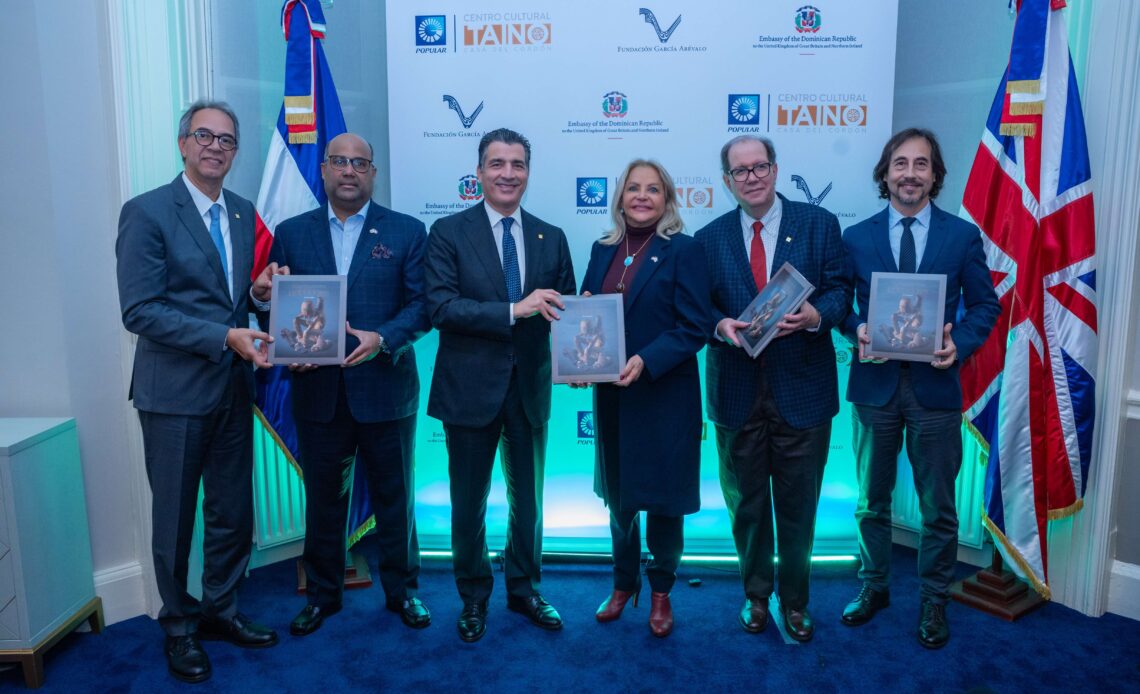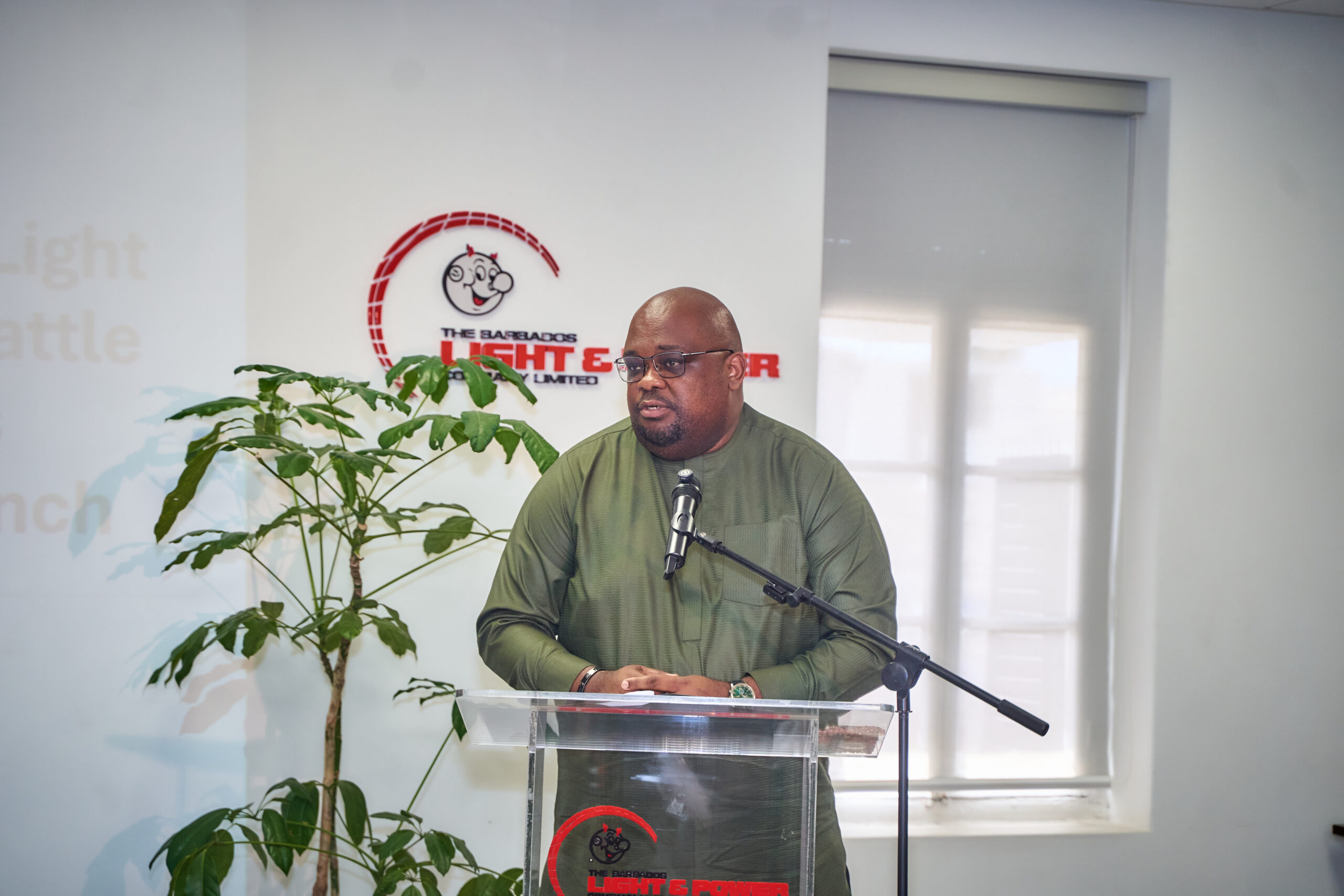In a significant development, President Donald Trump signed a federal spending bill late Wednesday, marking the end of the longest government shutdown in U.S. history. The bill was passed by the House of Representatives just hours earlier, with a vote of 222 in favor and 209 against. The Senate had approved the measure on Monday with a 60-40 vote, ensuring government funding through January 30 and restoring pay for hundreds of thousands of federal employees after six grueling weeks. Trump emphasized that the government would now resume normal operations, and his administration would continue efforts to reduce living costs, restore public safety, and grow the economy. However, the agreement failed to address a key issue: healthcare subsidies for 24 million Americans under the Affordable Care Act, which the Trump administration had planned to cut. The shutdown, which began 42 days ago, paralyzed all non-essential government services. The breakthrough came after weekend negotiations, with seven Democrats and one independent agreeing to the revised spending package. House Speaker Mike Johnson accused Democrats of using American citizens as ‘leverage’ in their ‘political game,’ while Democrats argued the bill was necessary to address rising healthcare costs for low-income Americans. The deal also sparked frustration among Democrats, with Illinois Governor JB Pritzker calling it a ‘hollow promise.’ Experts warn that without a new agreement, the government could face another shutdown in January.
博客
-

Column: Voorrang aan het leven
In Suriname, most primary schools offer some form of physical education, typically limited to a few sports such as basketball, volleyball, and football. Occasionally, running is included as part of athletics. However, swimming, once a part of the curriculum, has been removed for unclear reasons, leaving a significant gap in children’s education. While some parents can afford private swimming lessons for their children, many cannot, depriving a large number of students of this essential skill. Reintroducing swimming into the school curriculum would ensure equal developmental opportunities for all children. Swimming is not only a lifelong physical activity but also a critical safety skill. Given the allure of water and the risk of drowning, it is imperative that every child learns to swim, regardless of their family’s financial situation. The Suriname Swimming Federation should launch a nationwide awareness campaign to emphasize the importance of making swimming education accessible to all. Teaching children to swim at a young age can reduce drowning incidents and promote healthier lifestyles. Swimming offers unique benefits, such as reduced joint strain and therapeutic effects, making it an ideal exercise for people of all ages. Unlike other sports, swimming can be practiced throughout one’s life, providing long-term health benefits. While there are pros and cons to every initiative, making swimming accessible to all children can significantly improve quality of life and prioritize safety.
-

Banco Popular showcases “Our First Settlers” in London to promote Dominican cultural heritage
London – In a significant cultural event, Banco Popular Dominicano, in collaboration with the Taíno Cultural Center Casa del Cordón and the García Arévalo Foundation, unveiled the book ‘Our First Settlers’ at the Dominican Embassy in London. This presentation was a highlight of the XI Dominican Week in the United Kingdom, celebrating the island’s rich ancestral heritage. The book delves into the historical and symbolic depth of the Taíno Cultural Center’s permanent exhibition, offering a profound insight into the Dominican Republic’s indigenous roots. Ambassador Rosa Hernández de Grullón hosted the event, lauding the initiative for its role in promoting Dominican identity on the global stage. José Mármol, Executive Vice President of Corporate Communications, Reputation, and Responsible Banking at Banco Popular, underscored the book’s significance in ‘rescuing the essence of our origins’ and reaffirming the bank’s dedication to culture, education, and sustainable development. Renowned archaeologist and museographer Carlos León Amores emphasized the book’s educational and heritage value, stating it would be a vital resource for understanding and disseminating Taíno culture. Following its debut in Madrid during Dominican Week in Spain, the London event marked the second stop on the book’s international tour.
-

Havana prepares to host the largest trade fair in the Caribbean
From November 24 to 29, 2025, the 41st edition of the Havana International Fair (FIHAV 2025) will convene in Cuba, serving as a pivotal platform for national and international businesses to explore trade opportunities and gain insights into the country’s productive and export capabilities. This year’s event is particularly significant as it unfolds against a backdrop of heightened economic challenges, including the intensification of the U.S. government’s economic blockade and the aftermath of Hurricane Melissa, which severely impacted the eastern regions of Cuba.
Oscar Pérez-Oliva Fraga, Cuba’s Deputy Prime Minister and Minister of Foreign Trade and Investment, emphasized the importance of FIHAV 2025 during a recent press conference. He highlighted that the fair will feature the 8th Investment Forum, where an updated Foreign Investment Opportunities Portfolio will be unveiled. Additionally, the Caribbean Banking Forum will be held to foster regional integration and collaborative strategies among Caricom member states, the Caribbean Banking Association, and the Cuban banking system.
To date, 16 official delegations and representatives from 47 countries have confirmed their participation, with notable attendance from China. Other key participants include the Director of the Colon Free Zone in Panama, executive secretaries of ALBA-TCP and the Latin American Economic System, the Secretary General of the Latin American Integration Association, and 15 trade and foreign investment promotion agencies. This diverse participation underscores the global interest in Cuba’s economic potential despite its current adversities.
-

A study and analysis of the Government Program will be carried out throughout the country to correct distortions and boost the economy
In a decisive move to address economic challenges, the Cuban Party leadership has announced a nationwide study and analysis of the Government Program aimed at correcting distortions and revitalizing the economy. The initiative, spanning from November 15 to December 30, will engage grassroots organizations, including the UJC, CTC, ANAP, and FEU, as well as intermediate leadership structures of the FMC and CDR. Municipal Assemblies of People’s Power and management councils at national, provincial, and municipal levels will also participate. A preparatory seminar was conducted via videoconference, excluding provinces impacted by Hurricane Melissa. This effort underscores the Party’s commitment to participatory democracy, encouraging collective input to refine the Program and identify actionable strategies for its implementation. The process aligns with the broader goal of preparing for the 9th Party Congress, ensuring all leadership bodies and citizens are equipped to contribute to reversing the nation’s economic difficulties. As Army General Raúl Castro Ruz affirmed, ‘We will overcome these challenges, as we have always done, by fighting!’ The Program is accessible on the Presidency’s website: www.presidencia.gob.cu.
-

Zorgwekkende toename hiv-gevallen onder jongeren en kwetsbare groepen
Suriname is grappling with a concerning surge in HIV infections, particularly among young people under 25 and adults aged 35 to 45, according to recent analyses by the national HIV program. Monique Holtuin, the HIV focal point at the Ministry of Public Health, Welfare, and Labor, revealed that an estimated 8,000 people are living with HIV in the country. While approximately 4,000 individuals are aware of their status and 85% of them are receiving proper care, the other half remains unaware, posing a significant risk for further transmission. Holtuin emphasized the urgency of early testing, especially among youth, who often develop symptoms years after contracting the virus. Children born to HIV-positive mothers are also vulnerable, as some mothers avoid treatment due to stigma, leading to preventable mother-to-child transmissions. The MSM (men who have sex with men) community faces heightened risks due to unprotected contact and societal marginalization. Holtuin highlighted the lack of awareness and misconceptions about HIV, stressing the importance of condom use and regular testing. She advocated for comprehensive sexual education in schools to empower young people with knowledge and encourage behavioral change. Holtuin underscored the need for sustained care, medication adherence, and societal efforts to eliminate stigma, aiming for a future where people feel free to test openly and discuss their health without fear.
-

Dominican Republic and Paraguay seal agreement to strengthen air connectivity
In a landmark move to enhance bilateral air connectivity and tourism, the Dominican Republic and Paraguay inked a new Air Services Agreement on the inaugural day of the ICAO World Conference on Air Services Agreement Negotiations (ICAN2025). The historic signing took place in Santo Domingo, marking the first time the conference has been hosted in the Dominican capital. The agreement was formalized by Nelson Mendoza Rolón, President of Paraguay’s National Directorate of Civil Aeronautics, and Héctor Porcella, President of the Dominican Republic’s Civil Aviation Board (JAC).
This pact is a significant milestone in fostering closer ties between the two nations, particularly in the realms of tourism and economic growth. The deal coincides with Paraguay’s ongoing negotiations with Arajet, a Dominican airline, to launch direct flights from Asunción to Santo Domingo and Punta Cana. These flights are expected to commence operations by early 2026, further solidifying the partnership. Anguie Duarte de Melillo, Paraguay’s Secretary of Tourism, emphasized the shared vision of both countries to leverage tourism as a catalyst for economic development.
Running from November 10 to 14, ICAN2025 has convened aviation authorities from across the globe to expand international air transport networks. The Dominican Republic is seizing this opportunity to strengthen its position as a regional aviation hub. During the conference, the country is slated to hold 18 bilateral meetings and sign additional Air Service Agreements (ASAs) with Oman, El Salvador, Greece, and Paraguay. Preliminary discussions are also underway with Eswatini, Korea, Malaysia, Hong Kong, the Scandinavian countries (Denmark, Norway, and Sweden), Zimbabwe, and Benin.
Officials underscored that these initiatives align with the Dominican Republic’s broader strategy to enhance its global connectivity and tourism appeal, cementing its role as a key player in the international aviation landscape.
-

Guyana gov’t, U.S. company to build data centre at Wales
In a groundbreaking move to position Guyana as a leader in digital innovation, the Government of the Co-operative Republic of Guyana and U.S.-based Cerebras Systems have signed a Memorandum of Understanding (MOU) to construct a state-of-the-art artificial intelligence (AI) data center in Wales, Guyana. The facility, with a capacity of up to 100MW, will be powered by Cerebras’ advanced CS-3 AI supercomputers and infrastructure, catering to international demand while fostering local economic growth and technological advancement. This initiative is a cornerstone of Guyana’s ambition to become an AI-first nation and a regional hub for digital transformation. The project will also include training programs, research initiatives, and partnerships with international universities to upskill Guyanese talent and ensure widespread community benefits. The data center, strategically located near the Gas-to-Energy plant, will anchor a broader vision for digital prosperity, including education hubs, startup incubators, and advanced research centers. The partnership has already attracted interest from global players in AI, cloud computing, and infrastructure, with additional collaborations under discussion. Guyana’s President Dr. Mohamed Irfaan Ali emphasized that this project is a declaration of the nation’s ambition to lead in frontier technologies and empower its citizens to drive global innovation. Cerebras CEO Andrew Feldman highlighted that this collaboration is a key part of the company’s Cerebras for Nations initiative, aimed at helping governments accelerate their sovereign AI capabilities. EY Global Partner Jay Persaud, a member of the Guyanese diaspora, expressed excitement about the transformative potential of this partnership, which promises to inspire the next generation and catalyze economic diversification.


